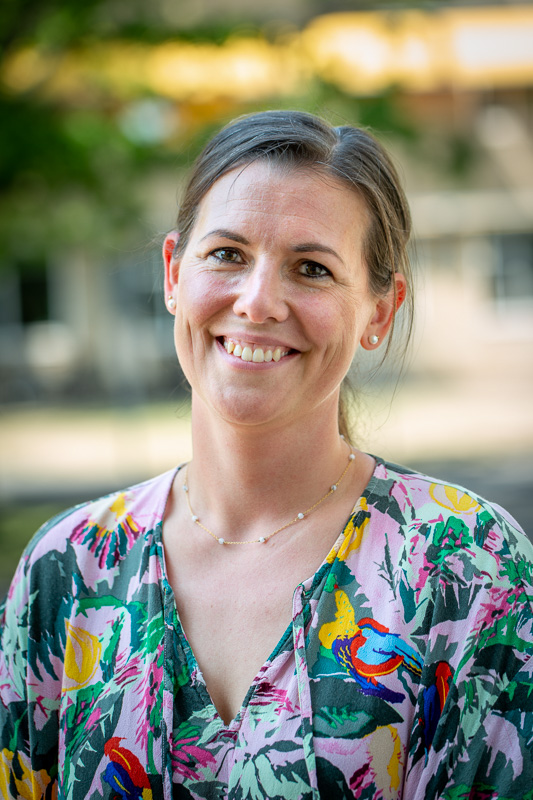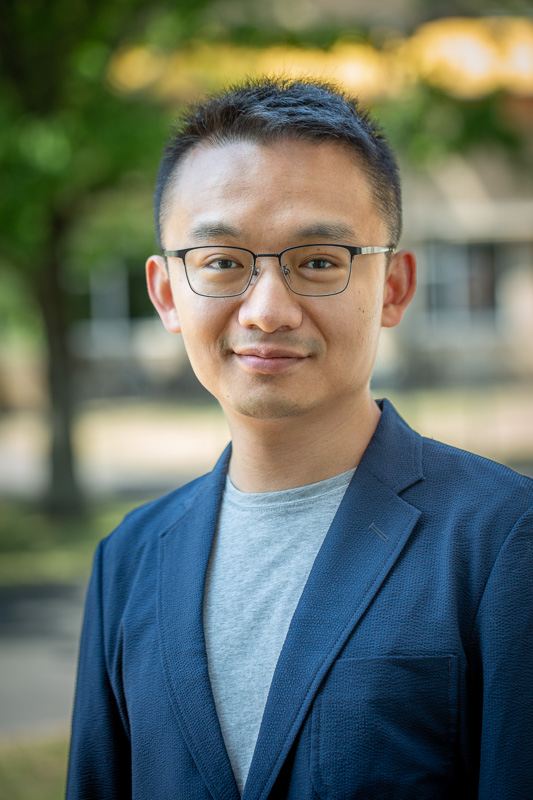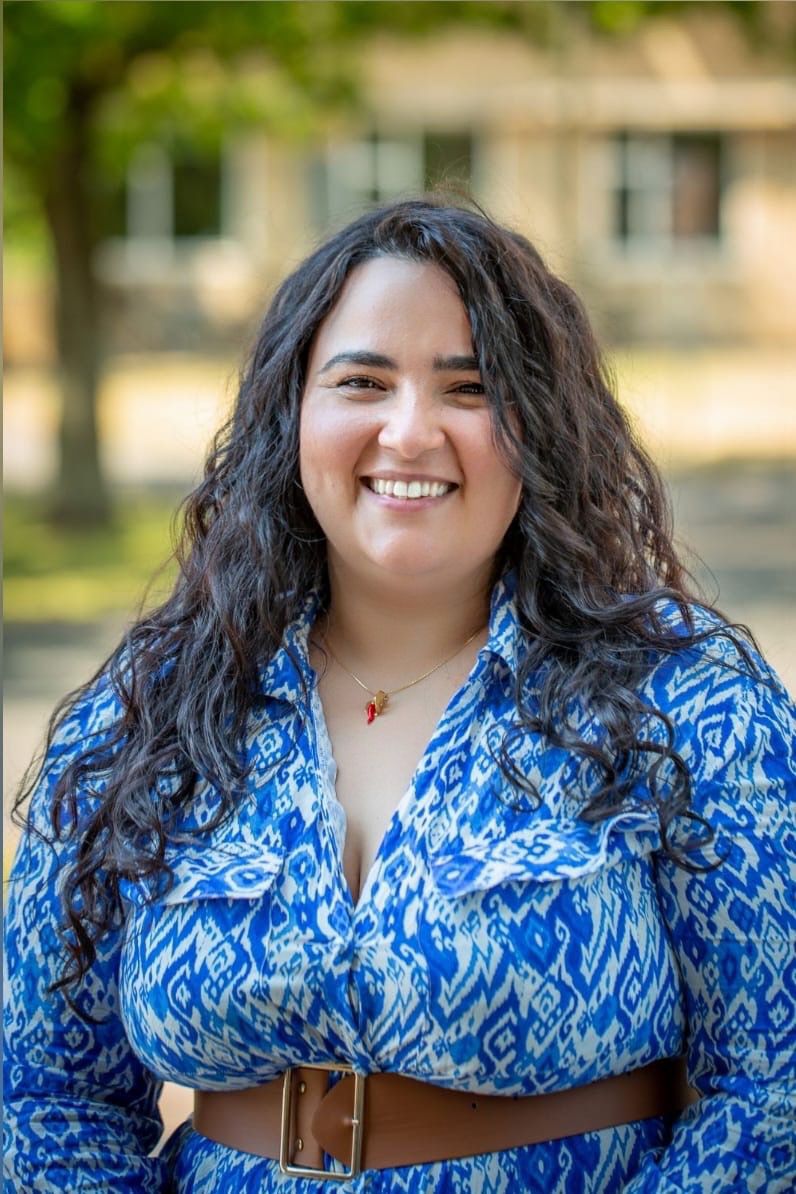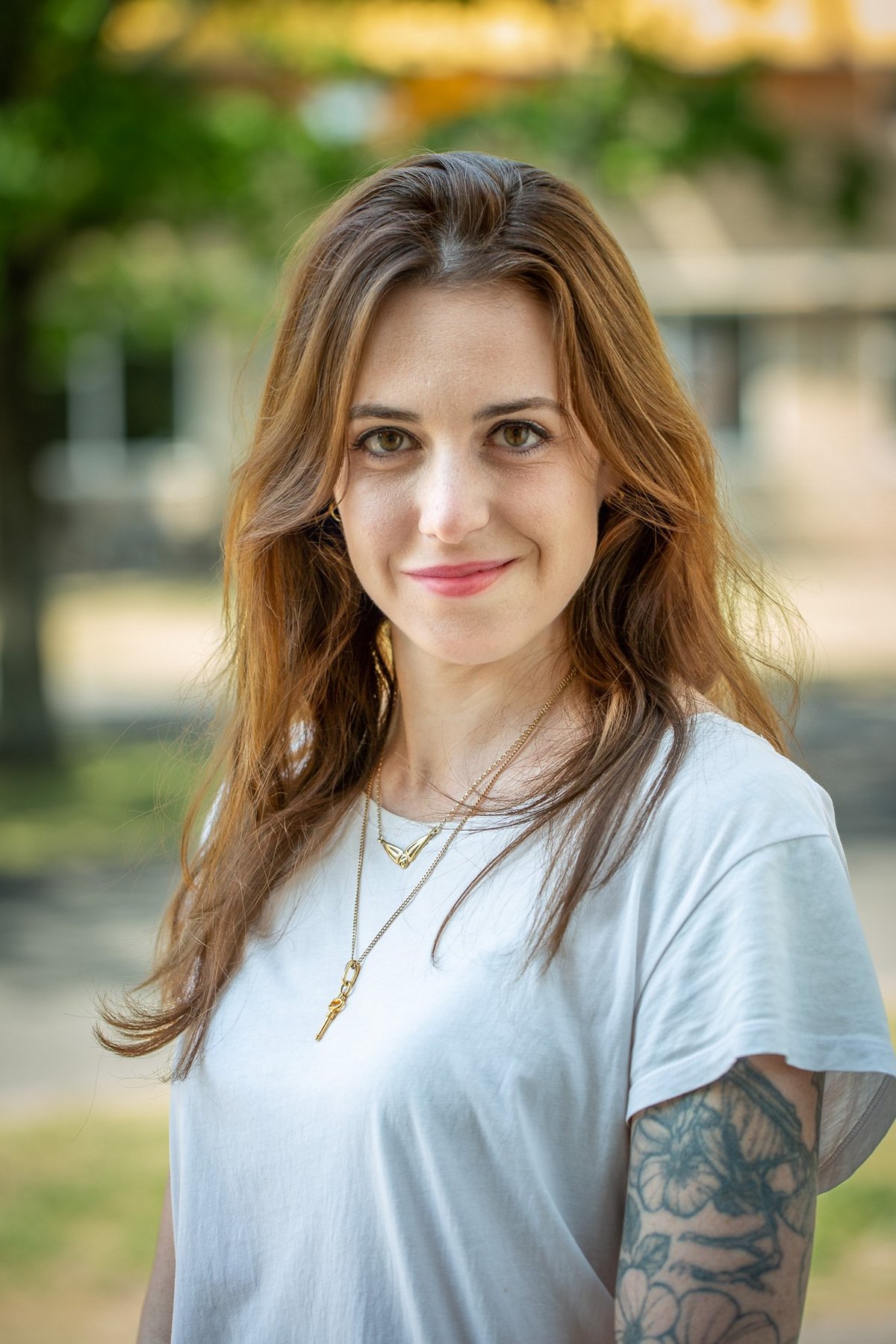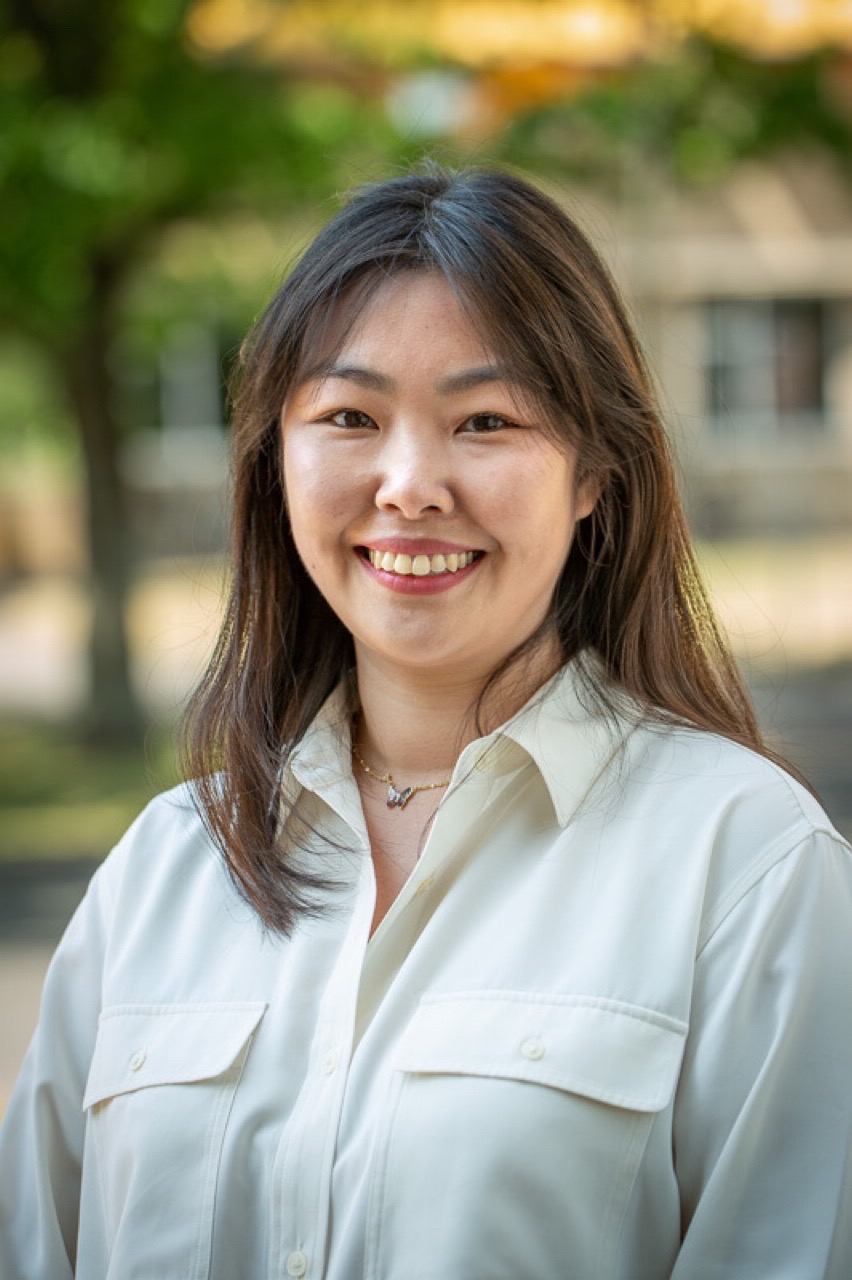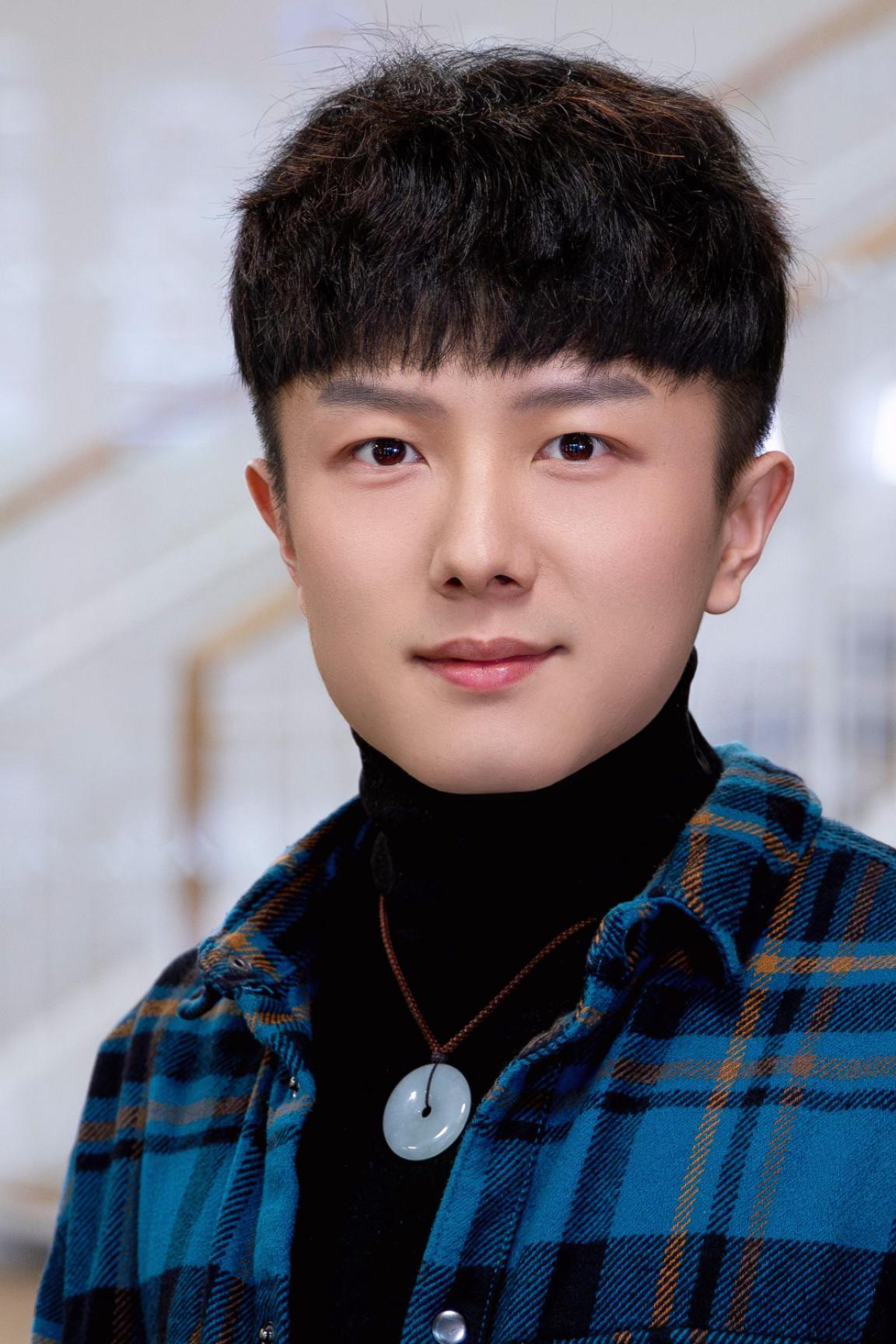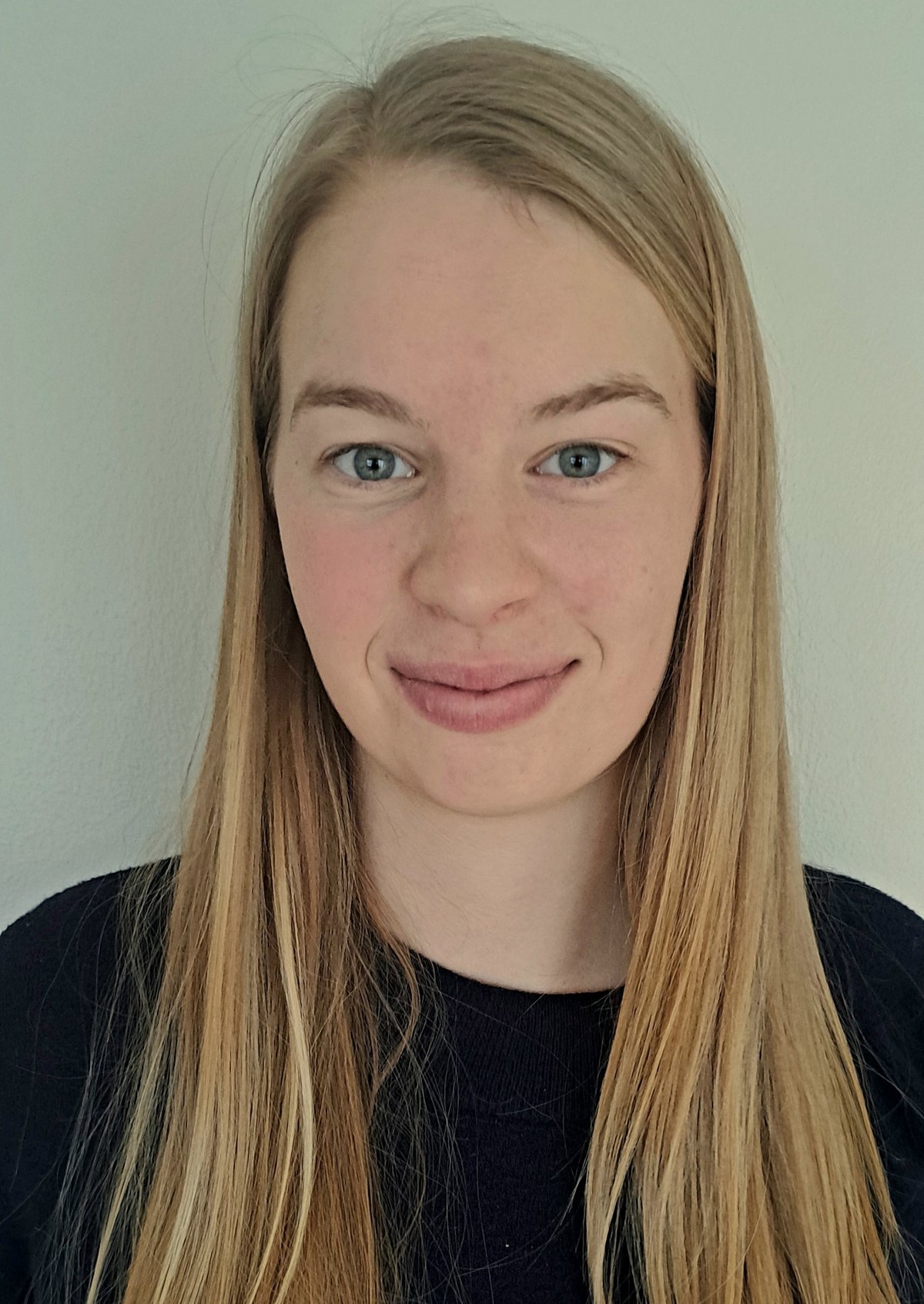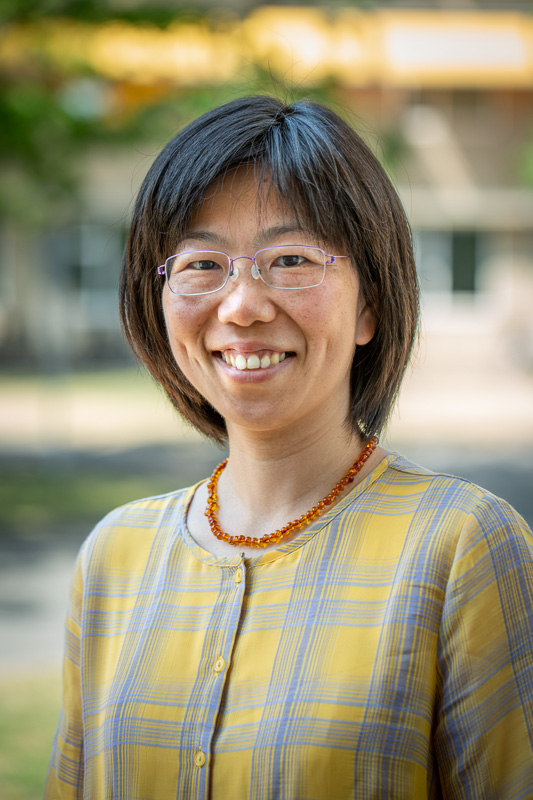Group members
Lena K. Rosenbæk, Assistant Professor
Lena Rosenbæk received her PhD from the Department of Biomedicine, Aarhus University in 2013 under the mentorship of Prof. Fenton. In 2015 she was granted an individual Postdoctoral fellowship from the Independent Research Fund Denmark and joined the Department of Neuroscience at the University of Copenhagen. In 2020 she returned to Biomedicine and rejoined the Fenton laboratory. She has published 13 peer-reviewed papers in high-ranking journals and has received several travel grants and awards including the APS Epithelial Transport Group Young Investigator Award and Meritorious Research Award. Her research focuses on the molecular regulation of renal transport proteins and their involvement in blood pressure regulation.
Qi Wu, Associate Professor
Qi Wu received his PhD training on mass spectrometry-based proteomics from the Dalian Institute of Chemical Physics, Chinese Academy of Sciences. After obtaining his PhD in 2014, he joined the Fenton lab at the Department of Biomedicine, Aarhus University. He became an assistant professor in 2019 and then an associate professor in 2023. He has published over 50 peer-reviewed articles in well-respected journals and served as academic editor/reviewer for ~10 journals. He has received several grants/fellowships and awards, including the Marie Skłodowska-Curie Individual Fellowship, postdoc grants from the Independent Research Fund Denmark and Lundbeck Foundation, an American Physiology Society renal section research recognition award, and an American Physiology Society epithelial transport group meritorious research award. His research is dedicated to applying mass spectrometry-based proteomics to kidney physiology and pathophysiology.
Mariavittoria D’Acierno, Postdoc
Mariavittoria D’Acierno received her PhD in Medical, Clinical and Experimental Science from the Department of Nephrology, University of Campania Luigi Vanvitelli, Naples, Italy in 2021. She joined the Fenton laboratory at the Department of Biomedicine, Aarhus University as a postdoc in late 2021. She is a committee member of the “Younger Researchers Network” within MEMBRANES at the Department of Biomedicine. She has published 7 peer-reviewed articles and she serves as a reviewer for the Kidney and Blood Pressure Research Journal. Her current work combines an innovative approach of bio-orthogonal non-canonical amino acid tagging (BONCAT)-proteomics to study chronic kidney disease, alongside more traditional studies using gene-modified mice to study the molecular regulation of renal transport proteins influenced by dietary potassium and its impact on cardiovascular health.
Adrienne M. Assmus, Assistant Professor
Coming from an engineering background, Adrienne Assmus got her PhD training in renal physiology at the Cardiovascular Sciences Department of Edinburgh University (UK), graduating in 2018. She continued as a postdoc in Edinburgh, before joining the Fenton group at the Department of Biomedicine, Aarhus University in late 2021. Currently she has published 5 peer-reviewed articles in well-respected journals, including 3 as first author. In 2023 she received a Horizon Europe Marie Skłodowska-Curie Individual Fellowship to study the effects of dietary potassium on blood pressure regulation.
Debra Fong, Postdoc
Debra Fong received her PhD in renal physiology from the Department of Physiology, Monash University, Australia in 2017. In 2018, she undertook a postdoctoral position at the Department of Cellular and Integrative Physiology at the University of Auckland, New Zealand. Her training during her PhD and postdoc allowed her to develop a multi-organ systemic approach to investigating the potential physiological mechanisms involved in the development of high blood pressure. She has received several grants and travel awards, including a grant for $15,000 NZD from the Heart Foundation of New Zealand as an Associate Investigator (AI). In 2022, she joined the Fenton Laboratory at Aarhus University, Denmark as a postdoc to continue her research career in furthering the understanding of renal physiology and the development of high blood pressure. She has extensive skills and experience in in vivo research techniques, including surgical skills in implanting telemetry probes to measure blood pressure and sympathetic nerve activity.
Xiang Zheng, Assistant Professor
After earning his medical degree, Xiang Zheng embarked on cancer research at Peking University, China. He later pursued his PhD at the Max Planck Institute in Germany, completing it in 2021. Following his doctorate, Xiang joined the Novo Nordisk Foundation Center for Protein Research at the University of Copenhagen, where he contributed to advancing spatial proteomics by incorporating multiplex imaging into Deep Visual Proteomics. In 2024, he became an Assistant Professor at Aarhus University. Xiang has authored 16 peer-reviewed publications, with 10 as first or corresponding author. He has been recognized with prestigious awards such as the Danish Bioimaging Image Contest and the William MacNee Award. His research focuses on utilizing spatial proteomics to enhance precision medicine, particularly in cancers, neurodegenerative disorders, and kidney diseases.
Louise N. Odgaard, Research Assistant
Louise Odgaard earned her master’s degree in Molecular Medicine from Aarhus University in the summer of 2024, where she completed her master’s project in the Fenton lab under the supervision of Prof. Fenton. Following this, she undertook a five-month research internship in Prof. Johannes Loffing’s lab at the Institute of Anatomy, University of Zürich. She returned to the Fenton lab as a research assistant in the spring of 2025.
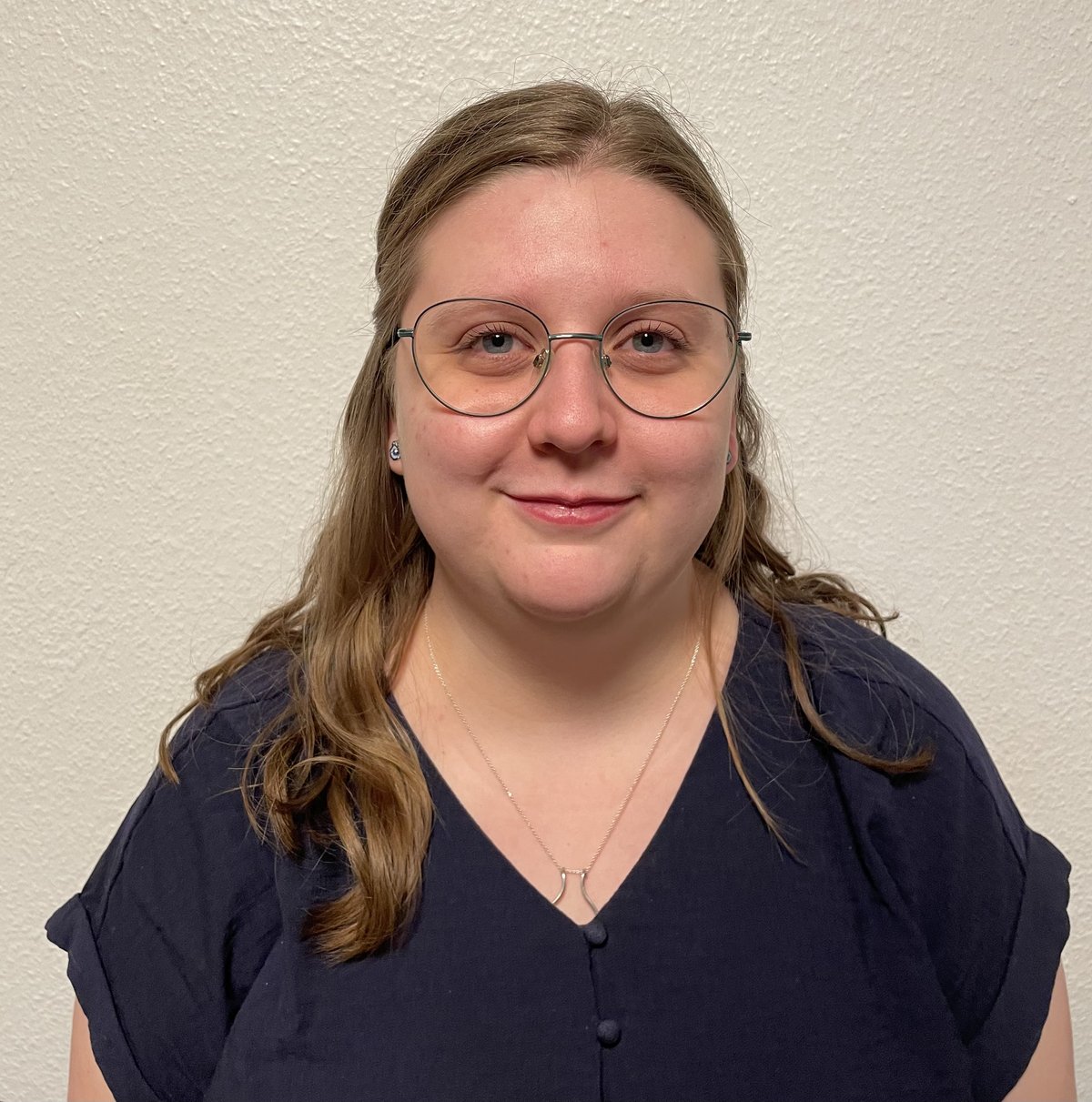
Anna Louise Venning Grandjean, Master student
Anna completed her bachelor’s degree in Molecular Medicine from Aarhus University in summer 2024. During her master’s degree in Molecular Medicine, Anna has spent a semester abroad as an exchange student at the University of Melbourne. Anna is currently completing her master’s project at the Fenton group, under Prof. Fenton’s supervision.
Lei Cheng (associated member)
Lei Cheng received her PhD degree in biochemistry from the University of Southern Denmark in 2011. She then became a member of the Fenton lab at the Department of Biomedicine, Aarhus University. Her research has focused on applying novel proteomics strategies and systems level analysis to study the molecular regulation/functions of the kidney. Lei started as facility manager for the single-cell initiative CellX (https://biomed.au.dk/cellx) in 2022, but we still consider her associated to the lab due to her interest in single cell proteomic technologies and proteomic platform development.
Shared technical staff
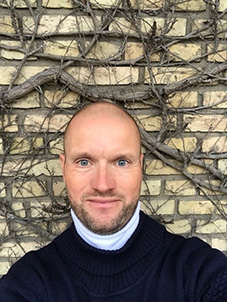
Christian V. Westberg
Christian is a trained laboratory technician and has been employed at the Department of Biomedicine since 2006. He is specialized within molecular biology, including DNA/RNA extraction, DNA cloning, PCR and mouse genotyping, and RT-qPCR.
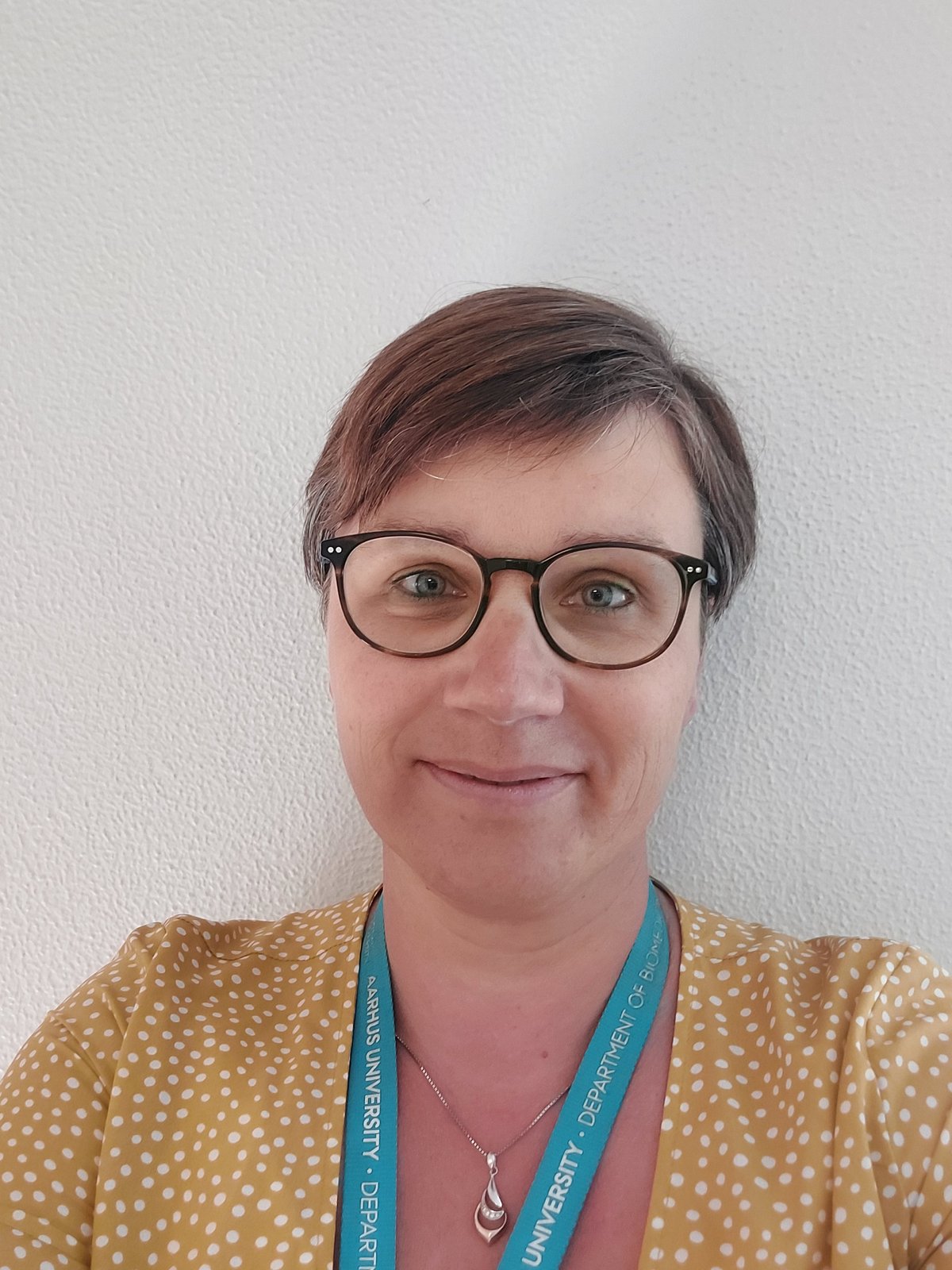
Tina Drejer
Tina is a trained laboratory technician and has been employed at the department of Biomedicine since 2003. She is specialized within cell culture, biochemical analysis of cells and immunostaining. Since 2008 she has served as a working environment representative.
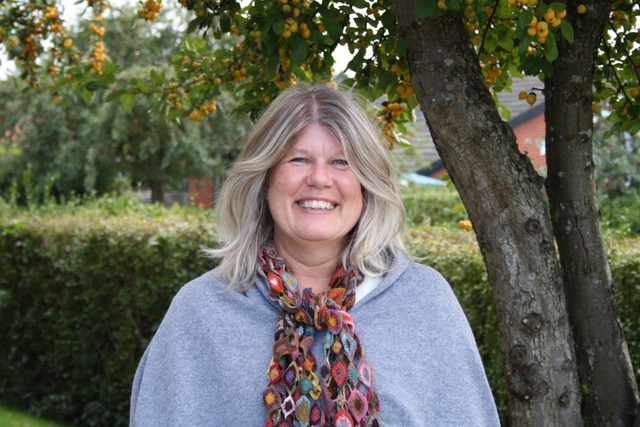
Inger Merete S. Paulsen
IMSP is trained in biomedical laboratory science and has been employed at the department of Biomedicine since 1992. She is our specialist in immunohistochemistry but has also served as a trade union representative for more than 10 years as well as being a member of numerous working environment committees.
